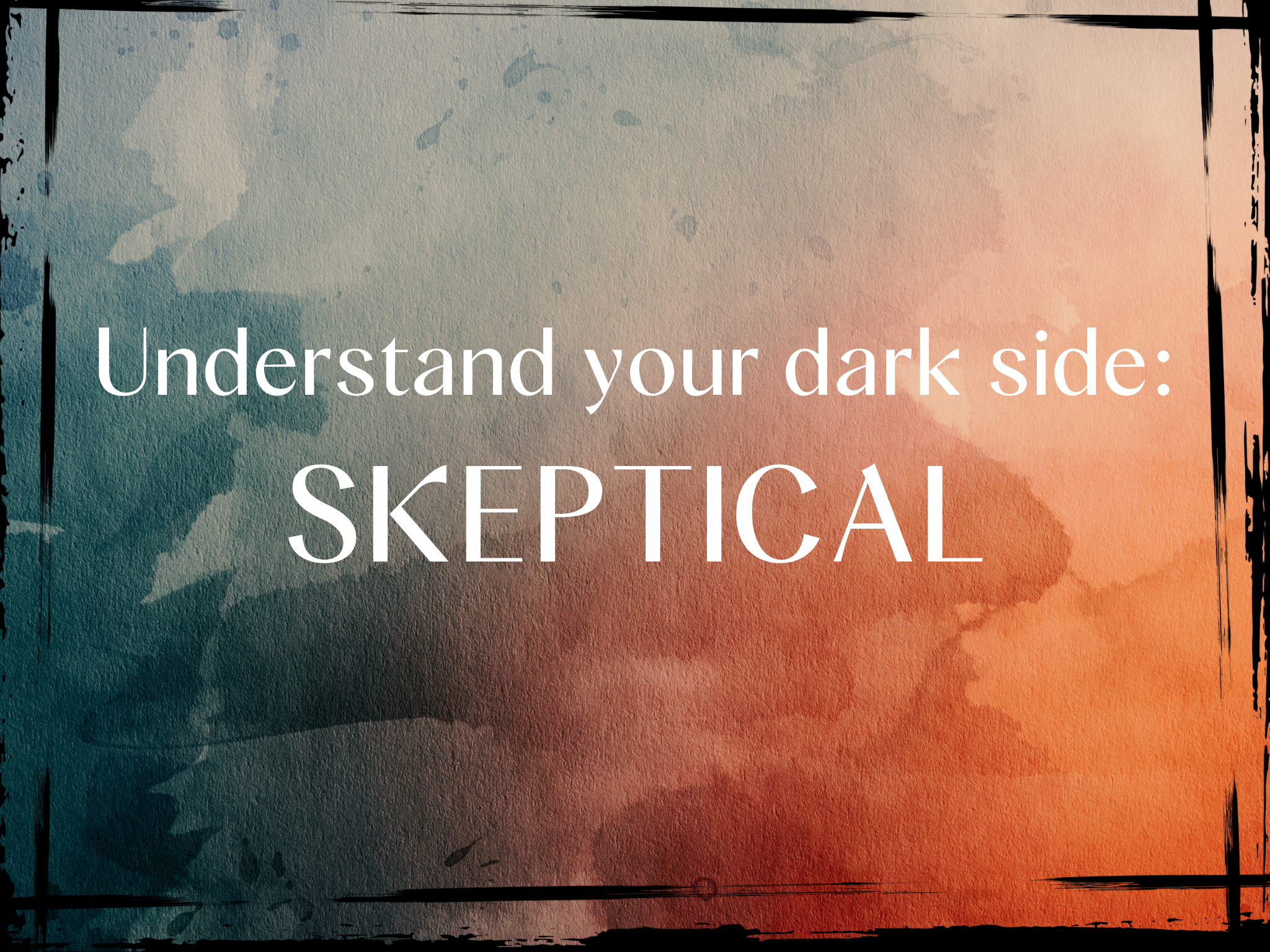The Hogan Skeptical scale is one of the eleven scales in the Hogan Development Survey (HDS), which is a measure of the dark side of personality. The Skeptical scale measures a person’s tendency to be inclined to believe they have been mistreated and respond by searching for flaws, exhibiting hostility, and displaying cynicism.
They perceive the world as populated by people who seek to take advantage of them, and they frequently use intimidation to achieve their goals. They may lack trust in others and struggle to foster teamwork.
On the other hand, at their best, these individuals are often exceptionally perceptive and analytical when it comes to discerning the motives of others and the inner workings of organisations.
The underlying schema is that the world is a hostile and deceitful place; others are malevolent and require vigilant monitoring to avoid being exploited.
Many individuals with a skeptical mindset grew up in a setting that was degrading, controlling, or dishonest. In such an environment, self-reliance, independence, and mistrust of others were advantageous for survival. However, this evolving mindset decreases the likelihood that individuals will seek evidence of respect and affirmation.
Expecting mistreatment, those with a high degree of skepticism are quick to perceive it. In these situations, they may respond with anger or hostility to regain control or distance themselves from others.
In the workplace, individuals with high levels of skepticism are acutely aware of organisational politics. However, they are intolerant and distrustful of those in positions of authority and fear that their colleagues or subordinates will attempt to undermine their own authority. These beliefs contribute to an interpersonal style that is contentious, marked by irritability, grudges, and hypersensitivity to criticism. High-skepticism individuals are most effective when given independent roles and managed with minimal supervision.
To improve their skills and develop better relationships with others, individuals with high scores on the Skeptical scale can take the following steps:
First – Seek out coaching
Recognise that seeking coaching is a proactive step towards personal growth. Suspend judgment and give coaching and feedback a chance, assuming positive intentions. View this process as a unique opportunity to develop new perspectives and acquire valuable abilities that can enhance your leadership style.
Second – Ask for others’ viewpoints
As you may be seen as argumentative when expressing your opinions, try to seek out others’ perspectives, be sensitive in your communication, and take others’ opinions and actions at face value. This shift will foster a more collaborative and inclusive work environment.
Third – Use your strength in a positive way
Use your capacity to critically perceive and analyse organisational process improvement in a positive way. Offer your thoughts about faults and problems but also make sure to add your views on how things can work better instead of only why they don’t work (in your opinion). This shift from skepticism to solution-oriented thinking will contribute significantly to positive organisational change.
Fourth – Provide a positive vision
Practice providing positive feedback by envisioning the best-case scenario. Offer your team or colleagues a compelling vision to strive towards. By inspiring others with a positive outlook, you not only uplift the team morale but also contribute to creating a more optimistic and innovative workplace culture.
Conclusion:
The journey towards behavioural change on the Hogan Skeptical scale involves a commitment to seeking coaching, valuing diverse perspectives, using critical thinking positively, and inspiring others with a positive vision. By embracing these coaching points, individuals can not only navigate the complexities of the Skeptical scale but also contribute to a more collaborative, innovative, and positive workplace culture.
Interested about the other scales, there read here:
For those in search of additional insights into unexplored dark sides or seeking guidance on refining coaching strategies, our team is ready to provide support. Don’t hesitate to get in touch with us here whenever it suits you.




